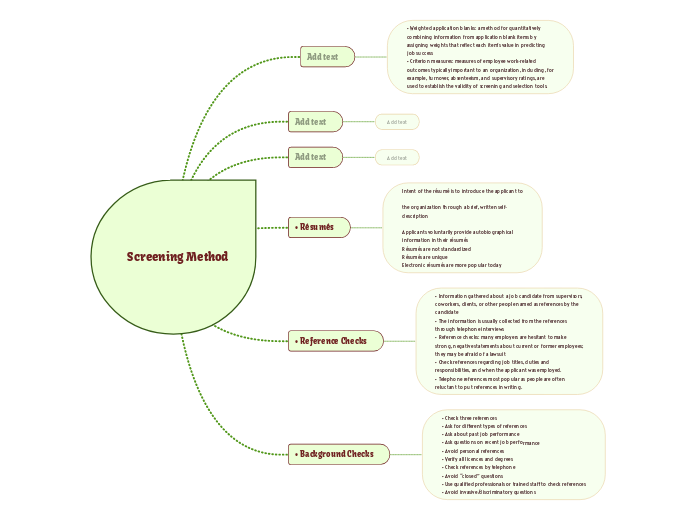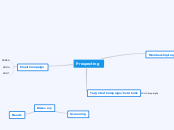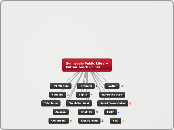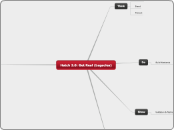作者:Bilal Sahak 2 年以前
151
Screening Method
Employers use various methods to evaluate job candidates, aiming to predict their future success and fit within the organization. Weighted application blanks help in quantifying and combining information from application items, assigning weights based on their predictive value for job success.









